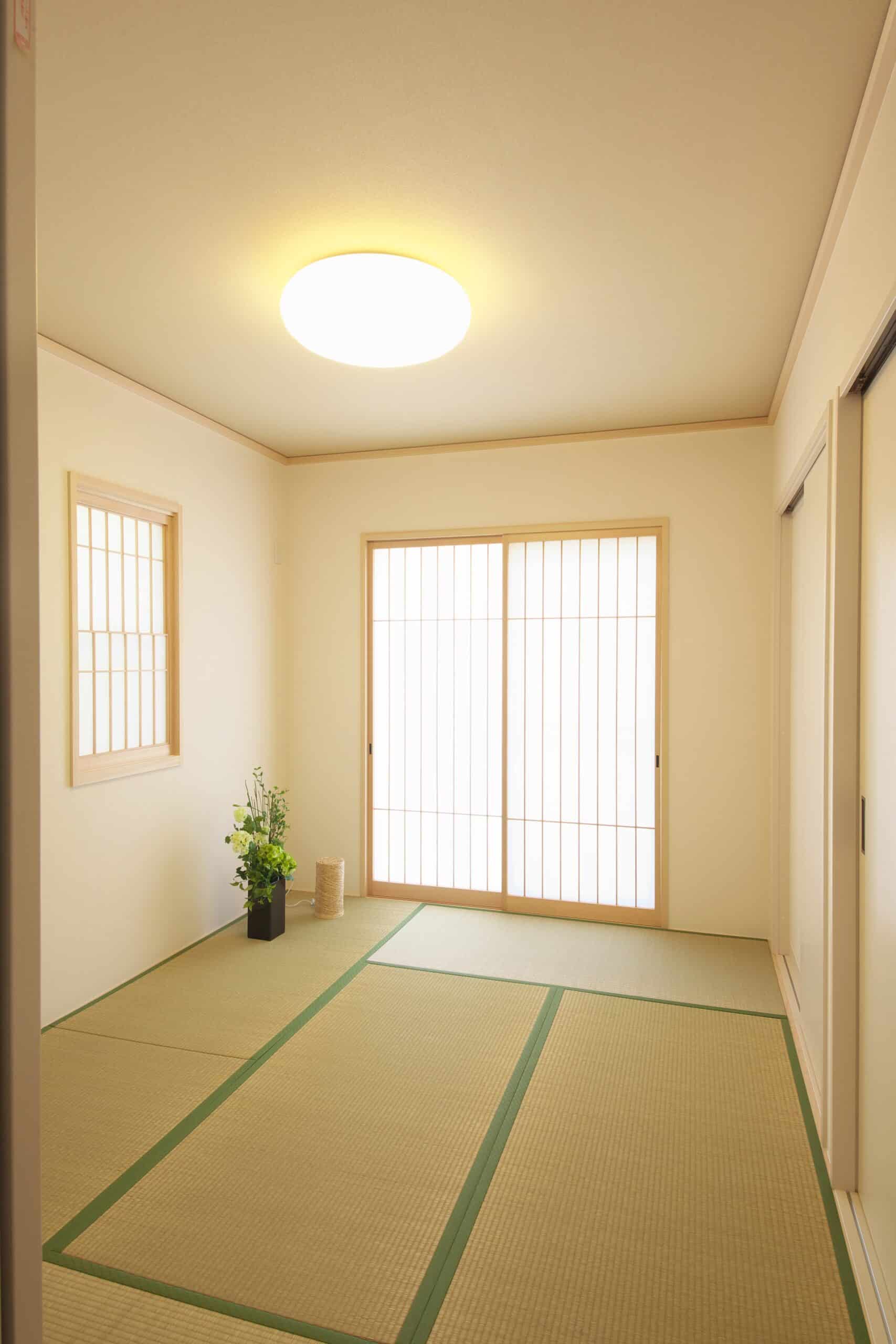
The New Toronto Vacant Home Tax
Read on about the new Toronto vacant home tax. Beginning in early 2023, Toronto homeowners with vacant properties will have to pay an additional 1% tax on their home. This new policy is the result of Consultation on the Underused Housing Tax with interested members of the public from August 6, 2021 to December 2, 2021, in collaboration with the Department of Finance, and was ultimately announced in Budget 2021 by the Government of Canada. At the December 2021 meeting, City Council amended the City of Toronto Municipal Code and added Chapter 778, Taxation, Vacant Home Tax.
What is the Vacant Home Tax?
The primary goal of the New Vacant Home Tax is to reduce the number of vacant residential properties that could otherwise be used to increase housing availability and affordability. The initial tax rate recommended in the new vacant home tax is 1% of the property’s current value assessment for the year the home is vacant. For example, if a vacant home is assessed at $1.5 million in 2022, the owner will be subject to a $15,000 annual tax.

Beginning in early 2023, Toronto homeowners with vacant properties will have to pay an additional 1% tax on their home.
What is Considered a Vacant Home?
If a house has been unoccupied for more than six months in the previous calendar year and is not the resident’s primary residence, it is considered vacant. In other words, if a home is left unoccupied for more than six months after January 1, 2022, the owner will be subject to the vacancy tax the following year. The New Vacant Home Tax also applies to non-residents and non-Canadian property or real estate owners.
How to Make a Declaration and Apply for an Exemption
Homeowners with more than one residential dwelling that is not their primary residence must make a declaration of occupancy status through the City of Toronto’s secure online declaration portal, which will be available in mid-December 2022.
Residential properties that have been declared vacant will receive a Vacant Home Tax Notice in March or April, with payment due on May 1. If the owner fails to make the annual declaration and/or provide supporting documentation by the deadline, the residential properties will be deemed vacant. A fine of $250 to $10,000 may be imposed for failure to declare or making a false declaration.
There are a few eligible exemptions, which must be noted on the declaration and supported by documentation. If one of the following criteria is met, a property may be left vacant and be exempt from the Vacant Home Tax: the death of a registered owner, repairs or renovations, the care of the principal resident, the transfer of legal ownership, occupancy for full-time employment, or a court order.
If you have any questions or concerns about the new Vacant Home Tax and its tax implications for your residential properties, give us a call today! We are here to help.
**Disclaimer
This article provides information of a general nature only. It does not provide legal advice nor can it or should it be relied upon. All tax situations are specific to their facts and will differ from the situations in this article. If you have specific legal questions, you should consult a lawyer.


How is a vacant home tax legal? So long as taxes are paid and the property is maintained the government has no business intruding on the owners’ privacy with demands to know whether or not anyone resides there.